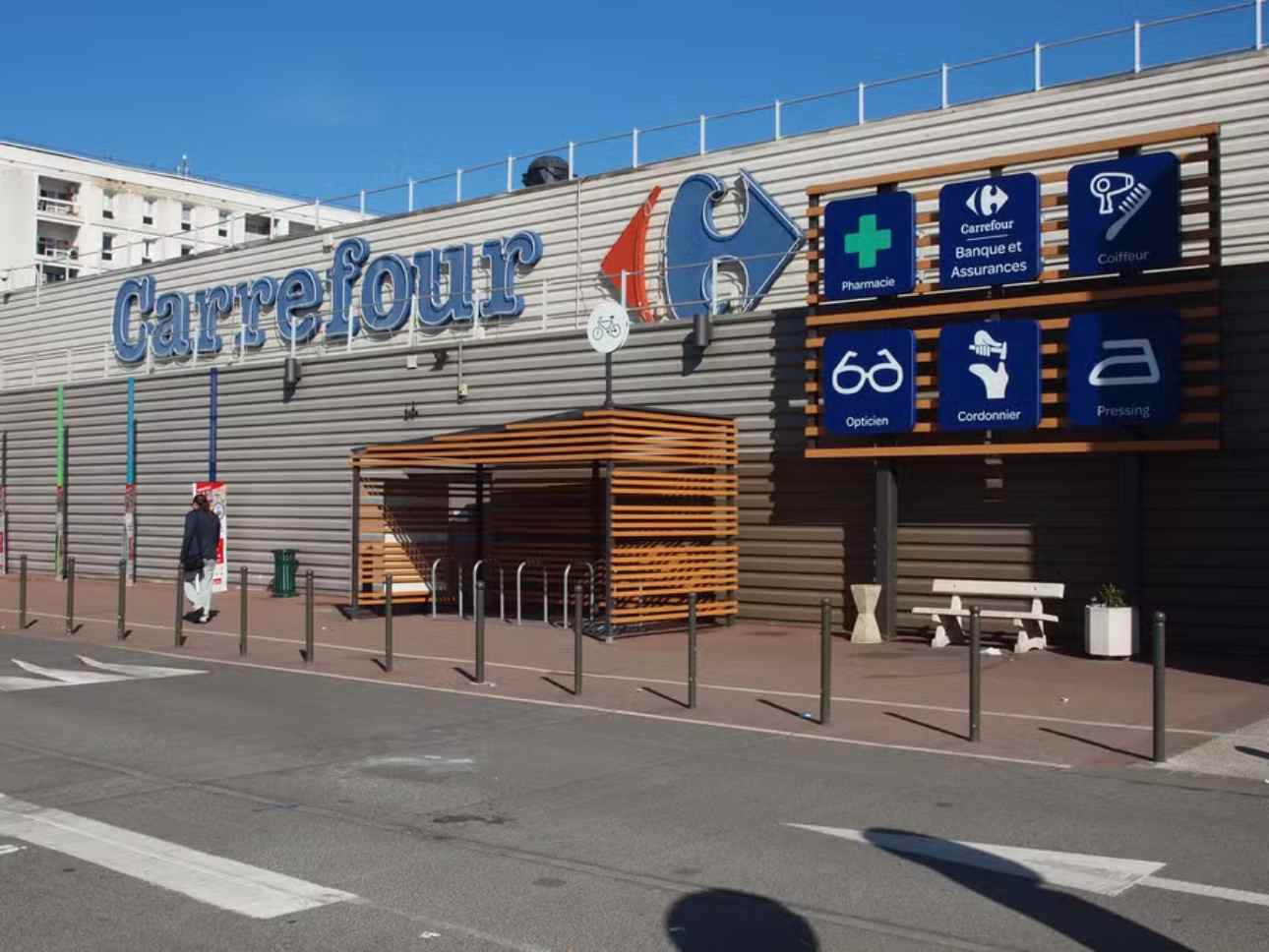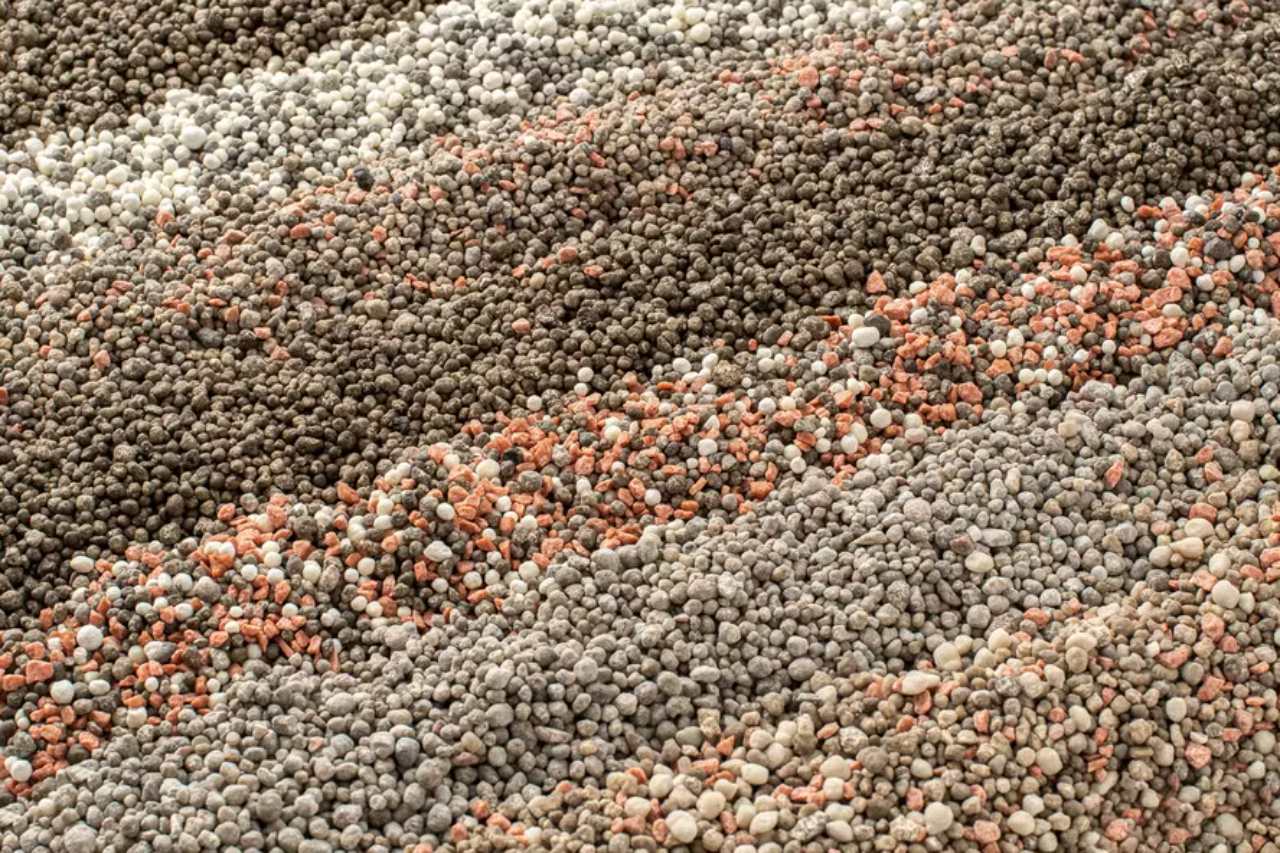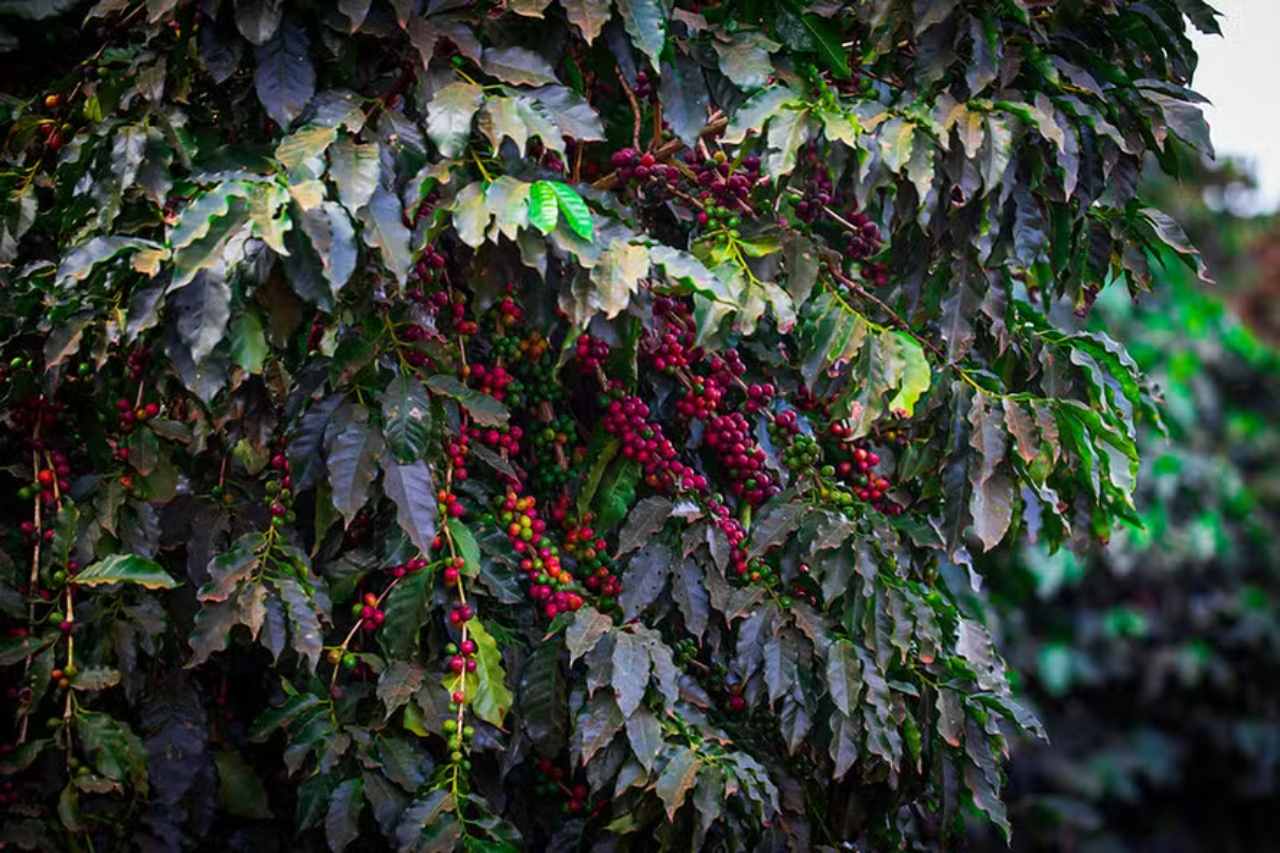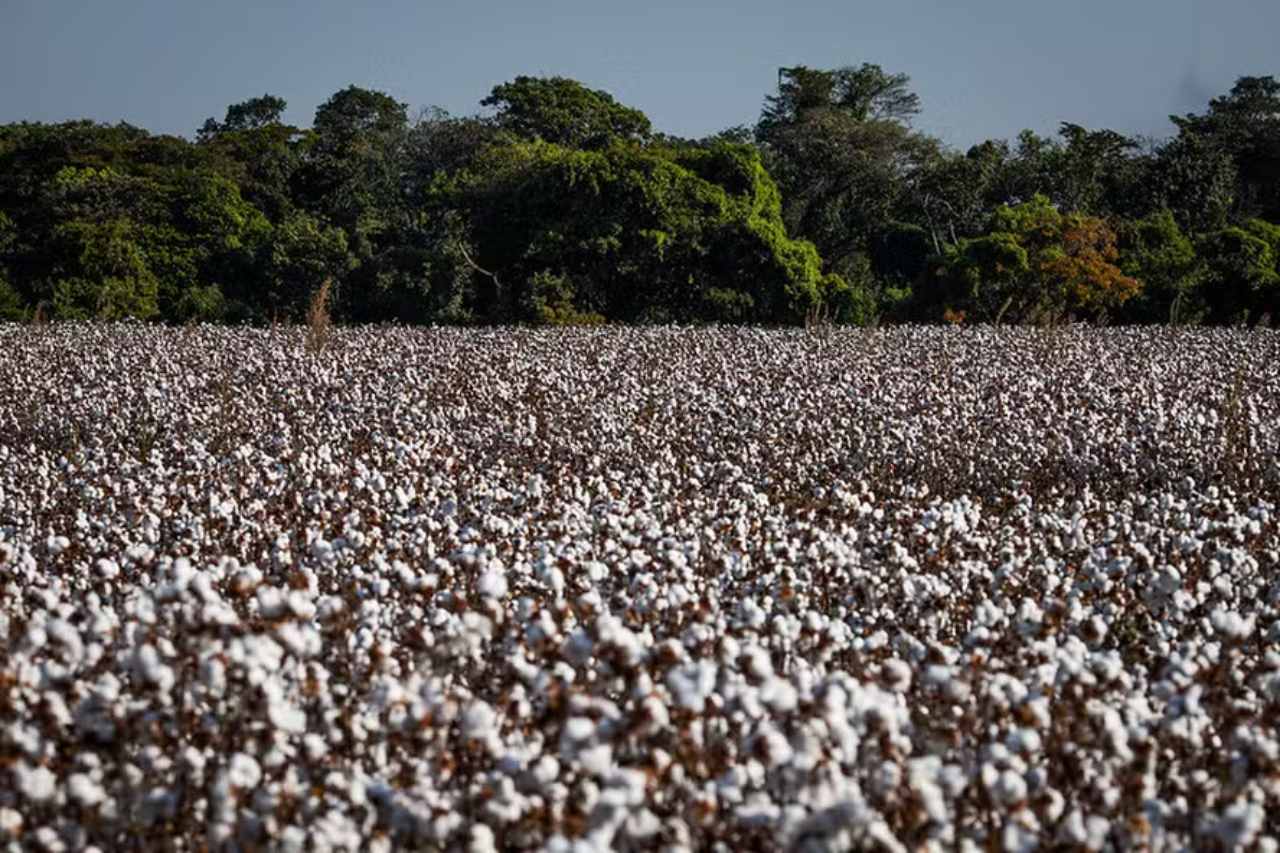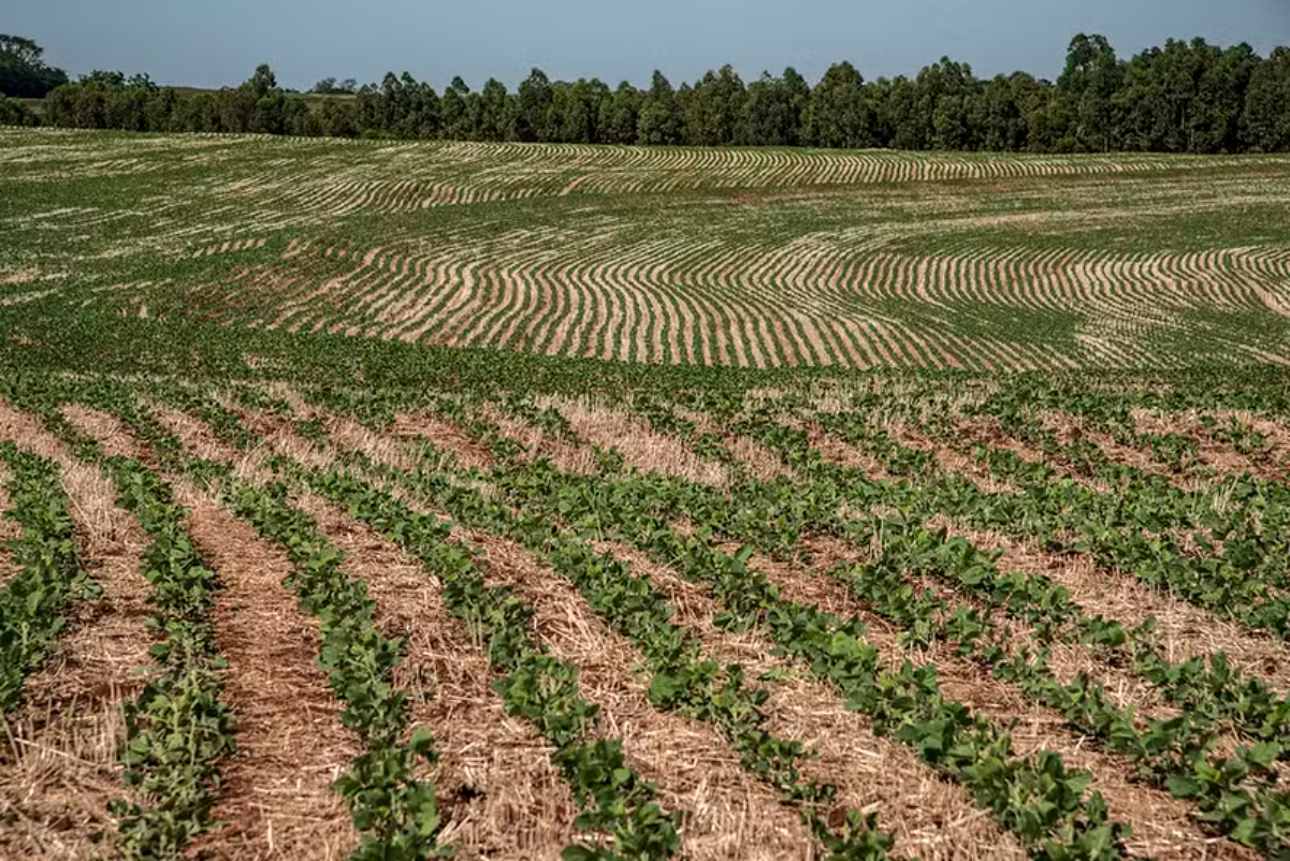Decision Amid Protests and Pressure on the Mercosur-EU Deal
On Wednesday, November 20, Carrefour’s CEO, Alexandre Bompard, announced that the company would stop selling meat from Mercosur countries, including Brazil, Argentina, Paraguay, and Uruguay. The decision comes in response to growing dissatisfaction from French farmers, who oppose the proposed free trade agreement between the European Union (EU) and Mercosur.
In a letter addressed to Arnaud Rousseau, president of the French Farmers’ Union (FNSEA), Bompard clarified that the measure is specific to Carrefour’s operations in France. He emphasized that this decision stems from local agricultural pressures rather than concerns about the quality of Mercosur products.
French Farmers’ Protests Against Mercosur-EU Agreement
This week, French farmers staged widespread protests, blocking roads and burning equipment. Organized by FNSEA and Young Farmers (JA), these demonstrations began on Monday, November 18, targeting the Mercosur-EU trade deal.
Key grievances include:
- Unfair competition: Latin American products enter the European market at lower prices due to higher local production costs and taxes.
- Environmental and social standards: Farmers argue that Mercosur countries have less stringent regulations, making their products cheaper and more competitive.
- Impact on French agriculture: Critics fear the agreement could lead to the “death of French farming.”
What Is the Mercosur-EU Agreement?
The Mercosur-EU trade agreement, under negotiation for over 20 years, aims to facilitate free trade between the regions. It allows goods to move freely across borders. However, resistance—particularly from France—has stalled its approval.
Potential Benefits for Mercosur
According to Brazil’s Institute for Applied Economic Research (Ipea), the agreement could boost Brazil’s GDP by 0.46% (around $9.3 billion) between 2024 and 2040. In 2023, food and live animals accounted for 32.4% of Mercosur’s exports to the EU.
Concerns in Europe
Opposition argues that Mercosur’s more flexible environmental and social regulations give its products a price advantage, threatening European farmers’ competitiveness.
French Government’s Position
French President Emmanuel Macron has stressed the need for the Mercosur-EU deal to align with environmental commitments and protect local farmers. He advocates for stricter rules to safeguard European agriculture.
Despite opposition, Brazil and Mercosur members expect the agreement to be signed during the next Mercosur summit on December 6.
Implications for International Trade
Carrefour’s decision sparked immediate criticism in Brazil. The Brazilian Association of Meat Exporting Industries (Abiec) called it contradictory, considering Carrefour operates over 1,200 stores in Brazil. Abiec stated the decision contradicts the principles of free trade.
Impact on Supply Chains
- Brazil and other Mercosur countries are vital meat suppliers to the EU. In 2023:
- Brazil supplied 27% of EU beef imports from outside the bloc.
- Mercosur nations collectively accounted for over 55% of EU beef imports.
Abiec warned that France’s domestic beef production cannot fully meet its internal demand, making Mercosur an essential partner.
Conclusion
Carrefour’s move reflects the complex tensions between trade liberalization and local agricultural interests. While it addresses French farmers’ concerns, the decision could disrupt international meat trade, with broader implications for both Mercosur and EU markets.

